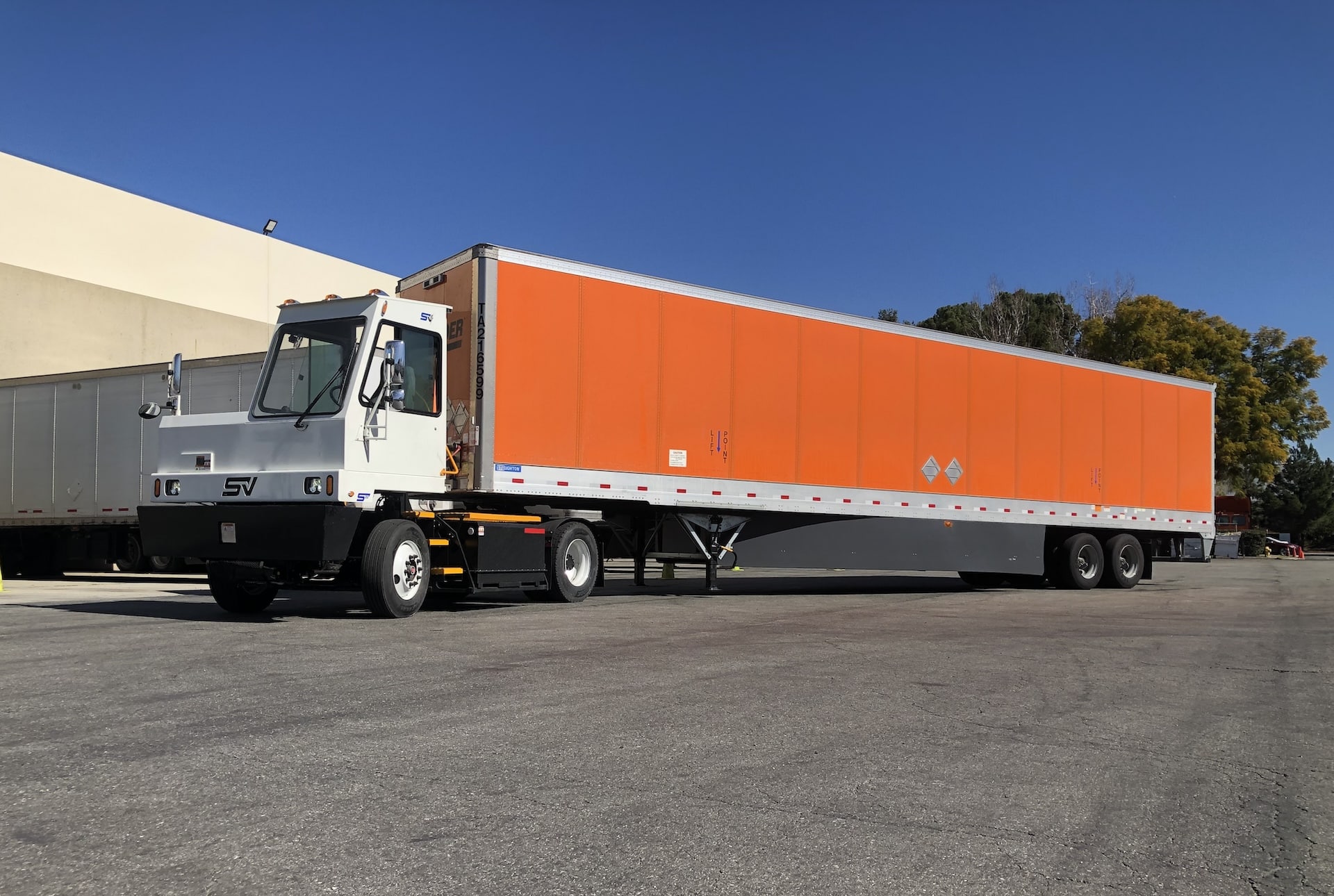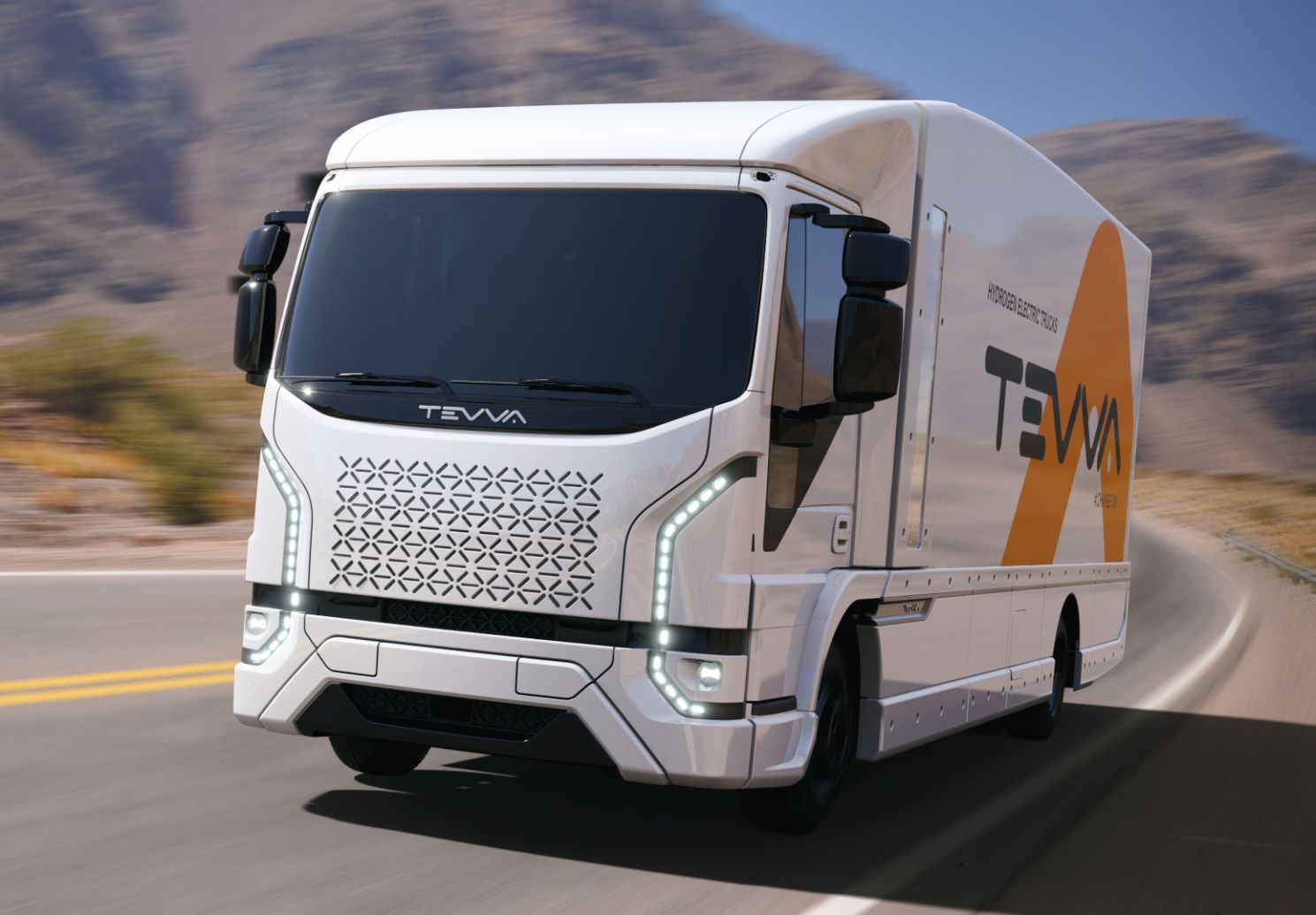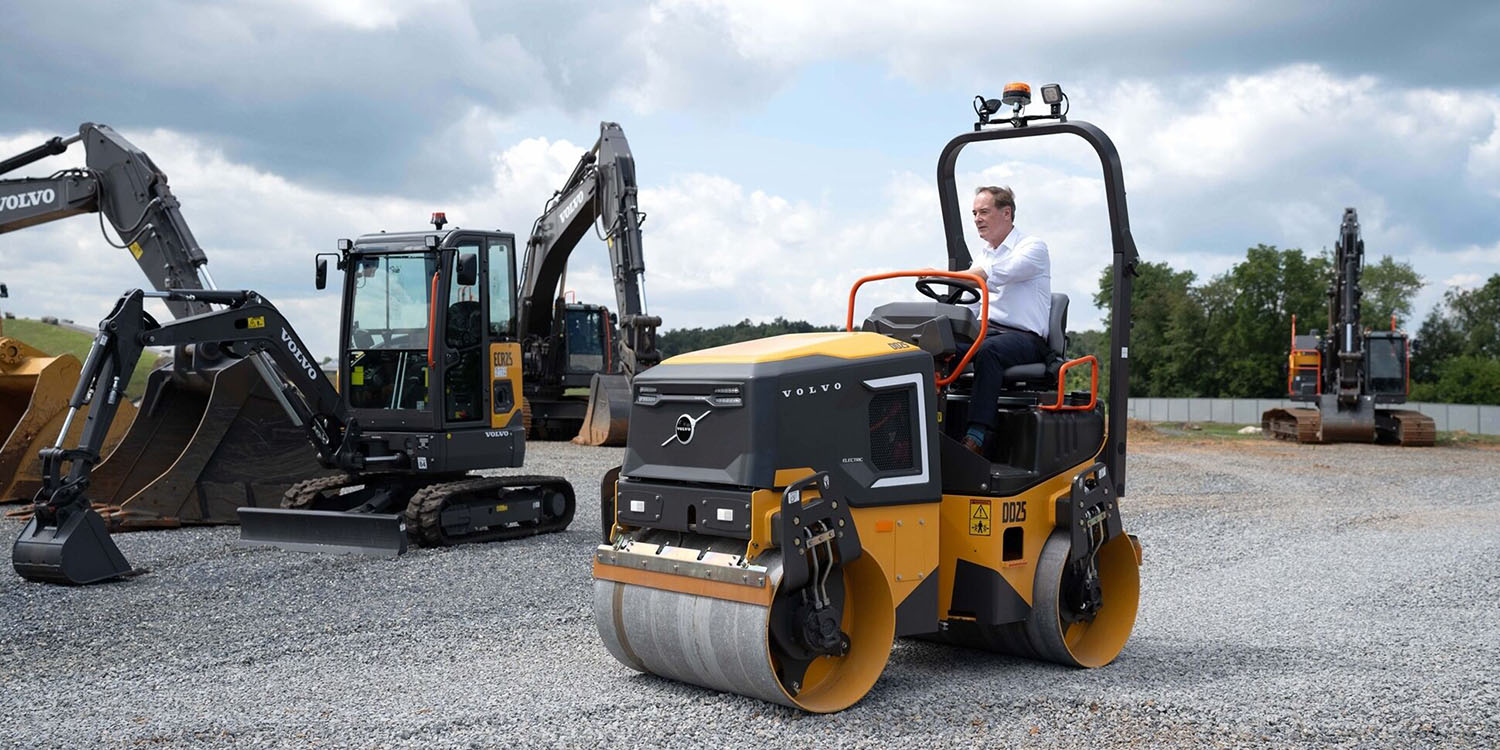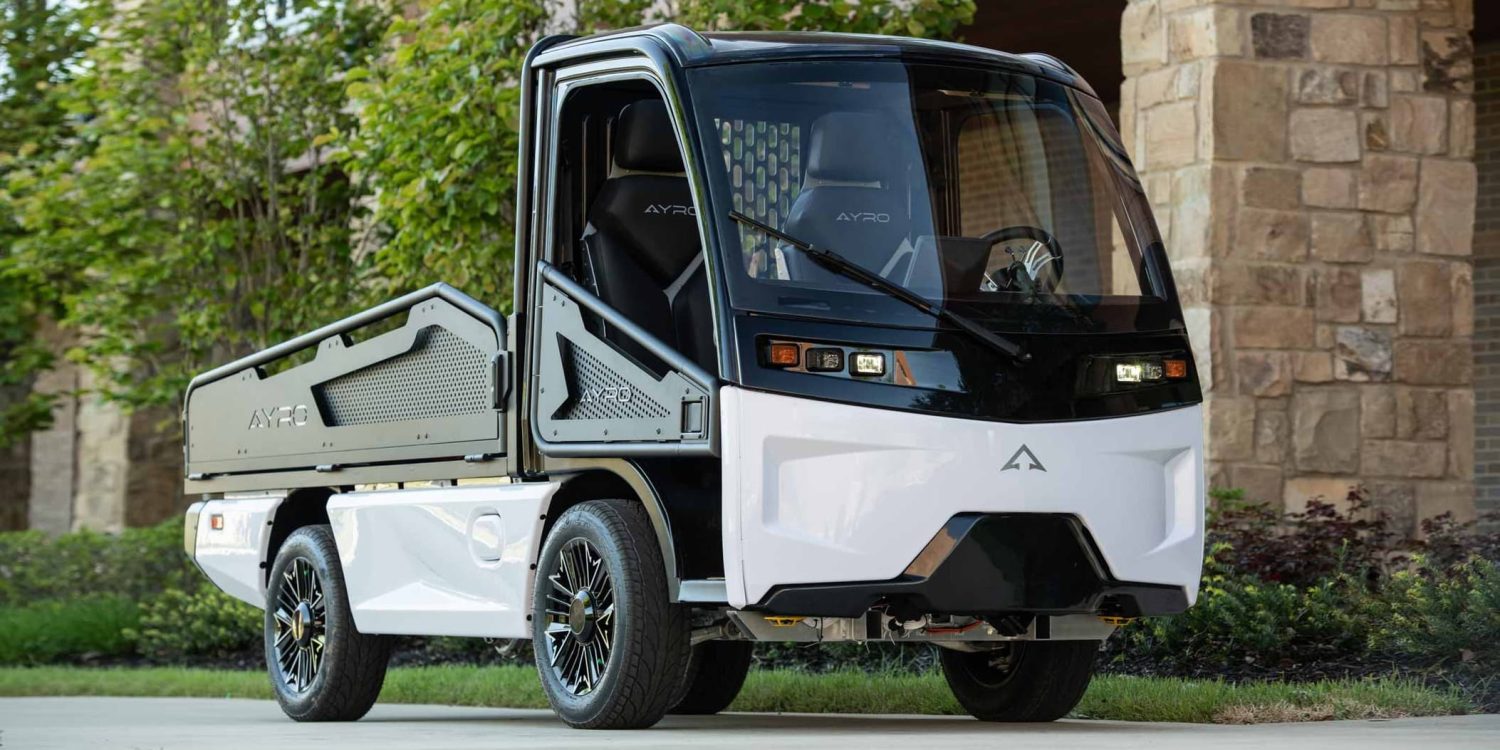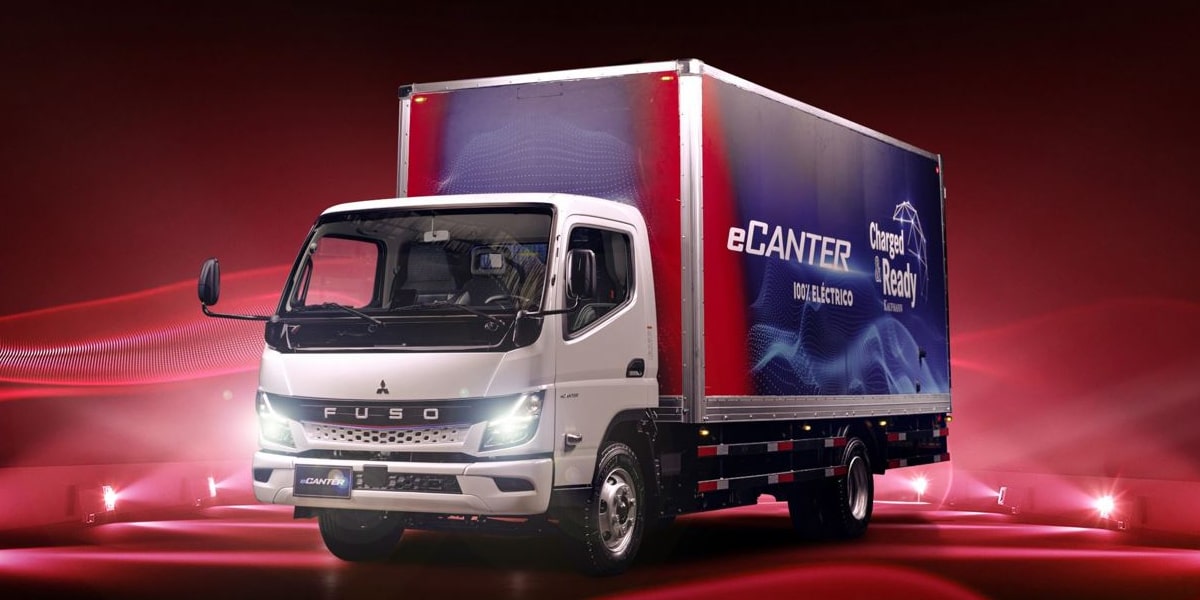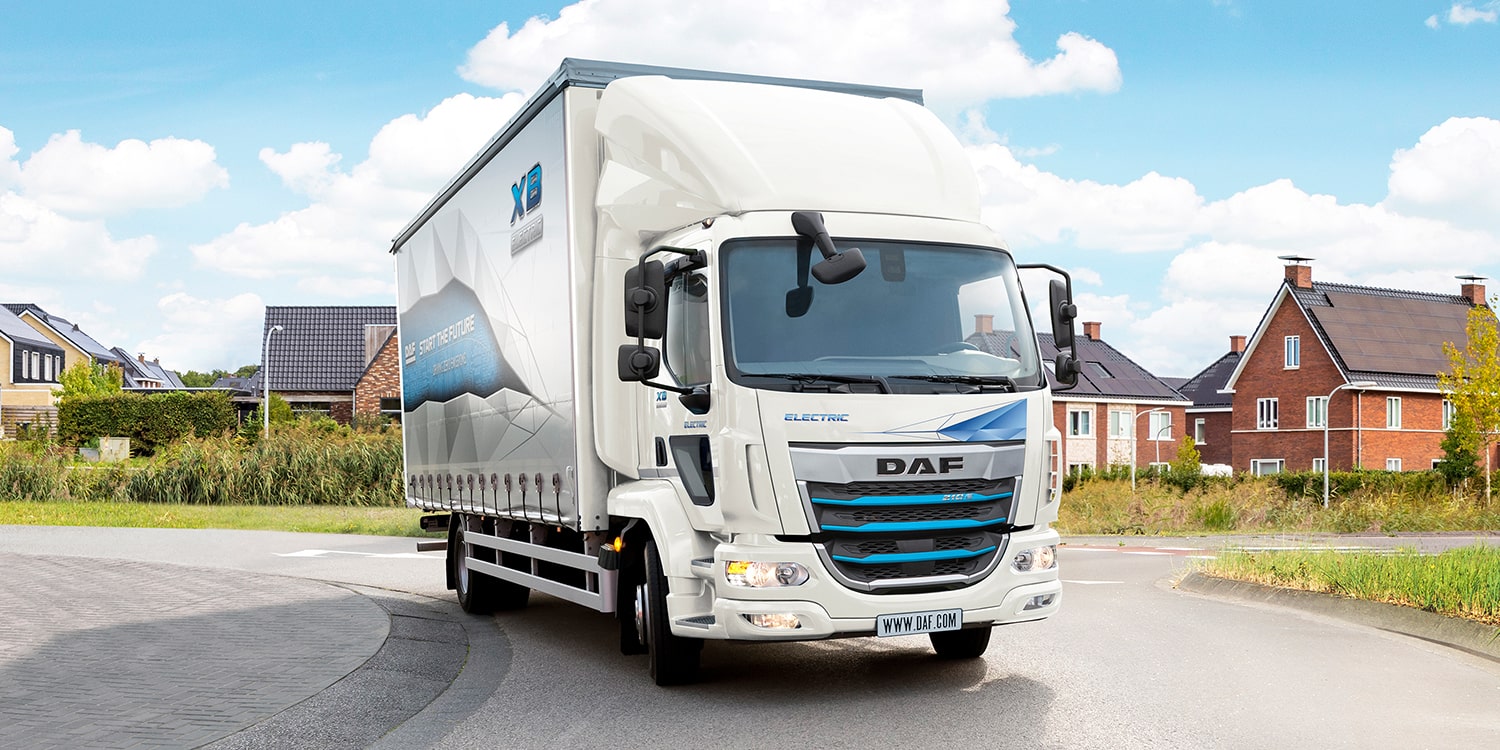In a recent announcement, Schneider National revealed its latest stride towards environmental sustainability by integrating two Lonestar Specialty Vehicles battery electric terminal tractors into its operations. This move aligns with the company’s commitment to curbing carbon emissions and bolstering its electric vehicle fleet, which now boasts a total of 94 units.
The Lonestar S22 terminal electric tractors, commonly referred to as yard spotters within the industry, play a pivotal role in maneuvering trailers at Schneider’s Rancho Cucamonga, CA cross dock facility. These new tractors have taken the place of their diesel counterparts, marking a significant step forward in Schneider’s eco-conscious endeavors.
See also: Schneider adding nearly 100 Class 8 battery-electric trucks to its fleet
Impressively, each of these electric tractors can operate continuously for an entire 24-hour period before requiring a recharge. The recharging process itself takes approximately an hour and a half to complete.
Commenting on this development, Schneider’s Vice President of Equipment Engineering, Jake VandeLoo, stated, “The implementation of these tractors stands as a monumental achievement in our journey toward large-scale operation of zero-emission vehicles. The addition of these units underscores our commitment to reducing our carbon footprint.”
The adoption of these new electric tractors is projected to result in a substantial reduction of approximately 35 tons of CO2 emissions per truck annually.
Lonestar President, Jay Simmons, emphasized the meticulous planning that goes into scaling an electrified fleet. He noted, “Terminal tractors play a crucial role in ensuring a seamless transition, as they are primarily confined to yard operations or short-distance shuttles. By strategically timing the recharging process during breaks and shift changes within the yard, concerns like ‘range anxiety’ and other infrastructure complexities associated with long-haul vehicles are effectively eliminated. Schneider’s deployment of these electric tractors in California is indeed remarkable. We are thrilled to be part of this success story and are eager to contribute to Schneider’s future sustainability objectives.”

